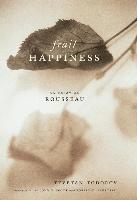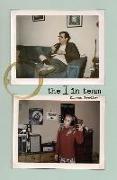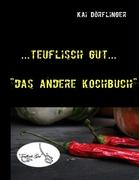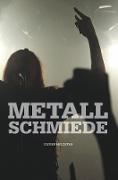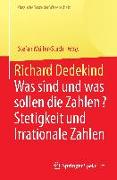Frail Happiness
BücherAngebote / Angebote:
We are all confronted, at one time or another, with choices as to what sort of life we will lead". So Tzvetan Todorov begins Frail Happiness, a provocative meditation on the thought and writings of Jean-Jacques Rousseau. Todorov turned to Rousseau, he tells us, because he no longer found the professional language of scholarship an effective means for addressing such issues and because he found in Rousseau a seemingly immediate language that could articulate what is difficult and problematic in human life.Rousseau is often said to have "discovered and invented our modernity", and Todorov's interpretation of Rousseau centers on the question of what sort of life we can live in modern times. Like modernity itself, the answer is complex: there are several ways of life that Rousseau contemplates and that Todorov considers along with him. He finds in Rousseau three possibilities: the life of the citizen, the solitary individual, and the moral individual. Todorov explores these three ways and their relevance for us two centuries later. Although all have commendable features, it is the third way, that of the moral individual -- the path laid out in Rousseau's novel Emile -- that the philosopher recommends without reservation.Frail Happiness is an important interpretation of Rousseau, one suffused with Todorov's own moral seriousness and intellectual depth. While ranging widely through Rousseau's corpus with skill and scholarly authority, he never loses sight of the questions that led him to Rousseau in the first place: he returns, again and again, to the frail yet persistent hope for human happiness.
Folgt in ca. 15 Arbeitstagen
